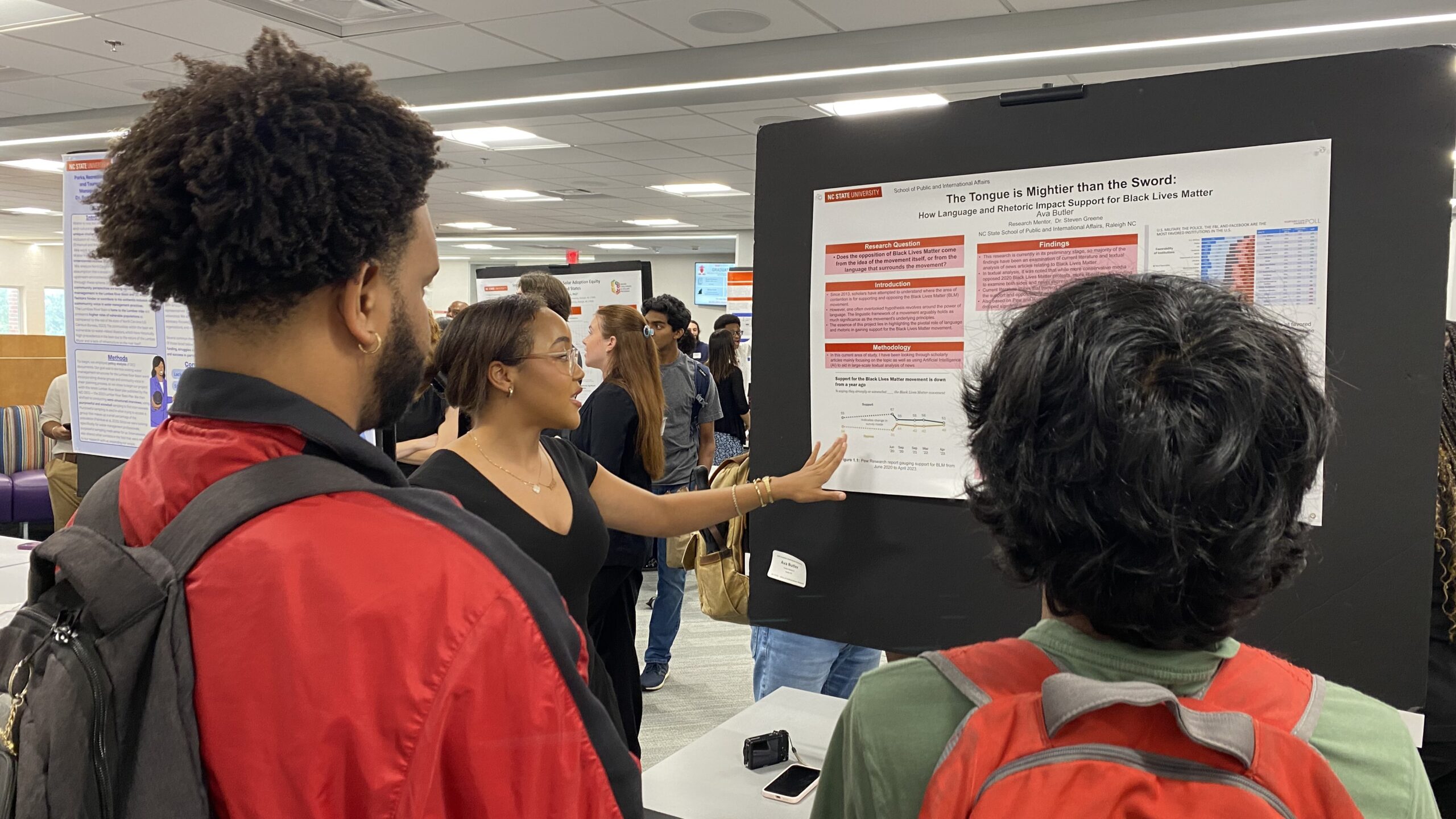Study: The More People Know About Pregnancy, the More Likely They Are to Support Access to Abortion

For Immediate Release
A new study on public attitudes toward abortion laws finds that the more people know about pregnancy, the more likely they are to oppose legislation that limits women’s access to abortions – regardless of political ideology. The study also found that laws that limit access to abortion after 12 weeks did not have greater support than laws that limit access to abortion after six weeks.
“There is a tremendous amount of research on public attitudes toward abortion in the United States, but very little of that work has been done since the Dobbs v. Jackson decision in 2022 that overturned Roe v. Wade,” says Steven Greene, co-author of the study and a professor of political science at North Carolina State University. “We wanted to ask questions that directly address the policy issues raised in state legislatures in the wake of Dobbs.
“Will people support a politician who promotes six-week bans? Will people support a politician who promotes 12-week bans? Do people who understand that these weeks are counted starting from a woman’s most recent period view abortion laws differently from people who think that these weeks are counted from when a woman actually got pregnant?”
To explore these issues, the researchers surveyed 1,356 U.S. adults. The demographics of the study participants were broadly representative of the U.S. population. Politically, 43% of study participants were Democrats or leaned Democratic; 38% were Republican or leaned Republican; with the remainder being independent.
“We found that people who had a better understanding of pregnancy were more opposed to legislation restricting access to abortion,” Greene says. “Basically, people who knew what a trimester was and who knew how we count the weeks of a pregnancy – that it’s done dating back to a woman’s last period, rather than to conception – are more likely to oppose laws limiting women’s access to the full range of reproductive health care options.”
The researchers also found that 12-week bans did not garner any more political support from study participants than the six-week bans.
“This suggests that efforts by some politicians to promote 12-week bans as a moderate, or compromise, position are likely not effective,” Greene says.
“One possible take-away here is that efforts to educate the public on basic sex education may be a viable strategy for groups trying to build support for women’s access to abortion.”
A paper on the study, “Public Opinion on Abortion in Post-Roe America,” was presented at the Southern Political Science Association Conference, which was held Jan. 10-13 in New Orleans. The paper was co-authored by Laurel Elder of Hartwick College and by Mary-Kate Lizotte of Augusta University. The researchers will be incorporating this work into a forthcoming book on the politics of abortion after Dobbs.
-shipman-
Note to Editors: The study abstract follows.
“Public Opinion on Abortion in Post-Roe America”
Authors: Laurel Elder, Hartwick College; Steven Greene, North Carolina State University; and Mary-Kate Lizotte, Augusta University
Presented: Jan. 11, Southern Political Science Association Conference, New Orleans, La.
Abstract: In June 2022, the Supreme Court issued the Dobbs v. Jackson decision, overturning Roe v. Wade and removing Constitutional protection for abortion access. The political parties and candidates are attempting to navigate the post-Dobb’s policy environment in a way that is in alignment with their party’s position on abortion and will also maximize their electoral appeal. Although there is a wealth of academic studies examining public opinion on abortion (see Adamczyk, Kim, and Dillon 2020 for a review of this literature), they are almost all conducted with data collected prior to the 2022 Dobbs decision and based on questions that are not in alignment with abortion proposals now being debated, enacted, and challenged that are largely centered upon when abortion should be banned. In an original data collection, we use a question-wording experiment to understand whether 12-week bans are viewed as more moderate and hence have higher levels of support than 6-week bans, and to explore how pro-choice and pro-life political messaging around 6, 12, and 15-week bans influence support. Finally, we investigate how much Americans actually know about the mechanics of pregnancy and how knowledge about pregnancy correlates with attitudes toward abortion. We find, surprisingly, that Americans do not see a meaningful distinction between 6-week and 12-week bans on abortion. We also find that pro-choice and pro-life frames do indeed shift public opinion in the post-Roe landscape. Finally, we find that more knowledge about pregnancy is associated with more pro-choice attitudes.
This post was originally published in NC State News.
- Categories:


